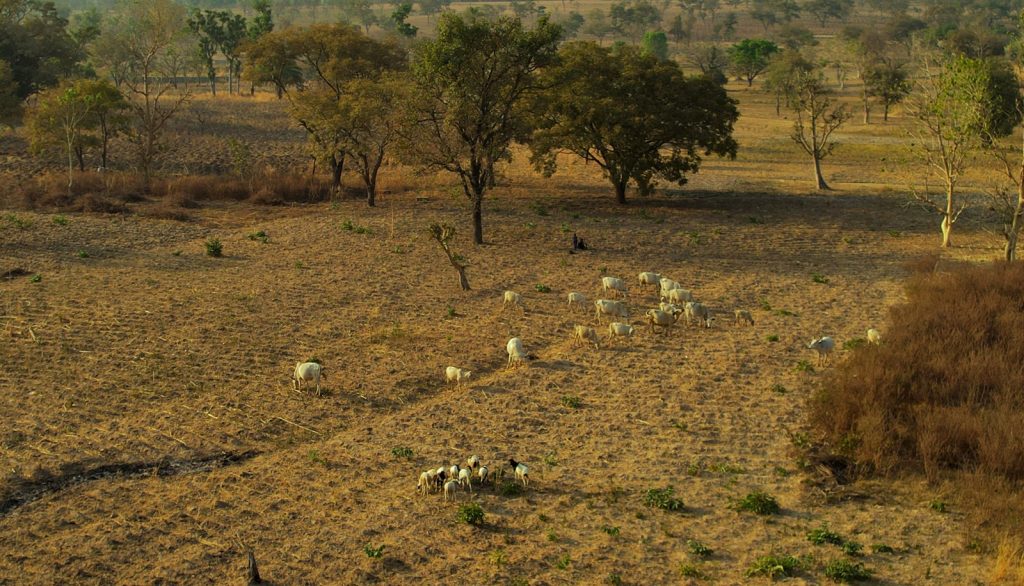 Land investment in Nigeria, can be very rewarding but equally as complicated and full of its own peculiarities. The real estate market in Nigeria is quite dynamic, and understanding the legal, financial, and logistical issues is key to any successful investment. This article goes in-depth into what one should consider prior to buying land in Nigeria.
Land investment in Nigeria, can be very rewarding but equally as complicated and full of its own peculiarities. The real estate market in Nigeria is quite dynamic, and understanding the legal, financial, and logistical issues is key to any successful investment. This article goes in-depth into what one should consider prior to buying land in Nigeria.1. The Type of Ownership
Generally, there are two categories of land ownership in Nigeria:
• Leasehold Land: Normally owned by the government or an individual who then leases it for a fixed period; usually 99 years, before ownership reverts to the original owner.
•Customary Land:Held under customary law and is usually found in rural areas. Land under customary tenure often has communal ownership, making transactions involved with it more complicated since there are multiple owners.
2. Do Proper Research
Do your research well in the area you are about to invest in. Some of the things you are supposed to research include:
• Development Plans: Check for governmental or private developments such as building infrastructure like roads and bridges, and commercial expansion, since these may affect the property’s value.
• Market Trends: Research prevailing market conditions concerning price and demand for the area you wish to invest in, and use such information in making your investment decisions.
3. Legal Considerations
The land in Nigeria is subjected to complex legal frameworks. The title to the land should be clear and legitimate. Among several legal factors of great importance to be checked are:
• There is a Land Title: Check if the seller has a valid land title like Certificate of Occupancy C of O, Governor’s Consent, or Deed of Assignment. Some land may have an unregistered title, but caution must be taken by doing thorough due diligence.
• Land Registry Search: A search at the Land Registry in each state will reveal the actual ownership status and also show any encumbrances such as liens or mortgages.
• Contracts and Agreements: All agreements must be in writing and signed by both parties. It is prudent to engage a real estate lawyer who will draft or review the contract to protect your interests.
4. Engage Experienced Professionals
Professionals can facilitate the purchasing process and reduce risks:
• Lawyers: A real estate lawyer will support due diligence, reviewing contracts and ensuring all legal requirements are satisfied.
• Surveyors: A licensed surveyor will confirm land measurement and boundaries to avoid issues regarding land size and ownership.
5. Consider All Costs Involved
In addition to the purchase price, there are a number of costs to consider:
• Purchase Price: Base cost of the land.
• Legal Fees: Costs associated with securing a lawyer to take care of the transaction’s legal matters.
• Agent Fees: In cases where an estate agent is involved, a commission is levied, normally ranging from 3 to 10% of the selling price.
• Stamp Duty: A duty paid over the transfer of property, usually ad valorem.
• Registration Fees: Fees that cover the cost of getting the land registered in your name at the Land Registry.
6. Identify and Minimize the Risks
Risks in buying land in Nigeria, as with any investment, are:
• Scams: Land fraud/ scams are standard; check ownership documents for authenticity and make sure who the seller is.
• Controversies: There are controversies over unclear ownership or boundary issues, with members of your family showing up or other communal landowners with competing claims.
• Government Acquisition: Be aware of potential government acquisitions for public projects.
7. Understand your payment and financing options:
• Payment Plans: Some sellers will allow for installment payments. Ensure all terms are in writing.
• Mortgage: If you have to take out a loan, go for mortgage options from banks or other financial houses in Nigeria. Consider the interest rates and repayment schedules.
8. Understanding Zoning and Land Development Laws
The different zoning laws for each state in Nigeria which spells out the use of the land, whether for residential, commercial, or industrial purposes. You should then confirm with the local planning authority whether the land you intend to buy serves the intended purpose or not.
9. Documentation and Filing of Documents
Document all the land transaction documents; these must include:
• Purchase Agreement: Copies of the Agreement.
• Payment Received: Evidence of Payment
• Land Registration Documents: All documents relating to the registration of the land.
Buying land in Nigeria can, however, be a very rewarding venture if done with great planning, in-depth study, and understanding of the legal aspects. It thus behooves one to engage professionals, ensure proper documentation, and undertake comprehensive due diligence every step of the way to avoid financial setbacks.
